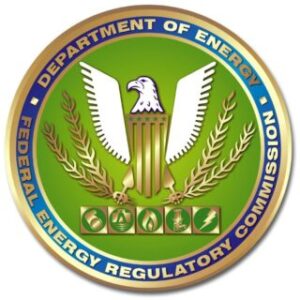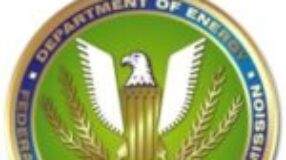
The Interstate Natural Gas Association of America (INGAA) submitted comments in response to the Federal Energy Regulatory Commission’s (FERC or Commission) July 13, 2013 Notice of Proposed Rulemaking (NOPR) in Docket No. RM13-17. The Commission proposed to revise its regulations at sections 38.3(a) and 284.12(b)(4) to explicitly authorize interstate natural gas pipelines and public utilities that own, operate or control interstate electric transmission facilities to voluntarily share non-public, operational information with each other when such information is for the purpose of promoting reliable service or operational planning.
INGAA appreciates the Commission’s responsiveness to INGAA’s and other parties’ requests for clarification that interstate natural gas pipelines (hereinafter referred to as “pipelines”) and public utilities that own, operate, or control facilities used for the transmission of electric energy in interstate commerce (hereinafter referred to as “electric transmission operators”) can share certain types of non-public, operational information “for the purpose of promoting reliable service or operational planning” and that such communications are not unduly discriminatory or preferential under the Natural Gas Act or Federal Power Act. INGAA supports the Commission’s NOPR in this proceeding, including the types of non-public, operational information that pipelines and electric transmission operators (hereinafter referred to collectively as “transmission operators”) may share and the voluntary nature of the sharing.
INGAA requested further clarification from the Commission about what the Commission means by the term “operational planning information,” particularly as it relates to longer-term operational planning, and what types of information would fall under this category.
The Commission requested comment on whether the proposed rule should require that, to the extent non-public, operational information exchanged between transmission operators involves customer-specific information (such as information about individual generators), the transmission operators must seek to include the customer as part of a three-way communication. INGAA stated that transmission operators should not be required to, but may, include generators in three-way communications.
The Commission also requested comment on whether additional regulations are needed to require a generator to share information with its electric transmission operator to inform it of the possibility that the generator’s natural gas service may be disrupted. INGAA takes no position on what communications should be required between generators and electric transmission operators or whether the Commission should promulgate regulations to require a generator to share information with its electric transmission operator. INGAA suggested that the Commission facilitate communications directly between generators and electric transmission operators.
Finally, INGAA suggested the Commission amend the proposed regulations such that the No-Conduit Rule should not apply during times of critical and imminent or ongoing system reliability emergencies. For example, during a critical and imminent or ongoing emergency, transmission operators should be able to speak to a local distribution company, a marketer who can provide supply and a specific generator in order to remedy an emergency situation that threatens reliability.







